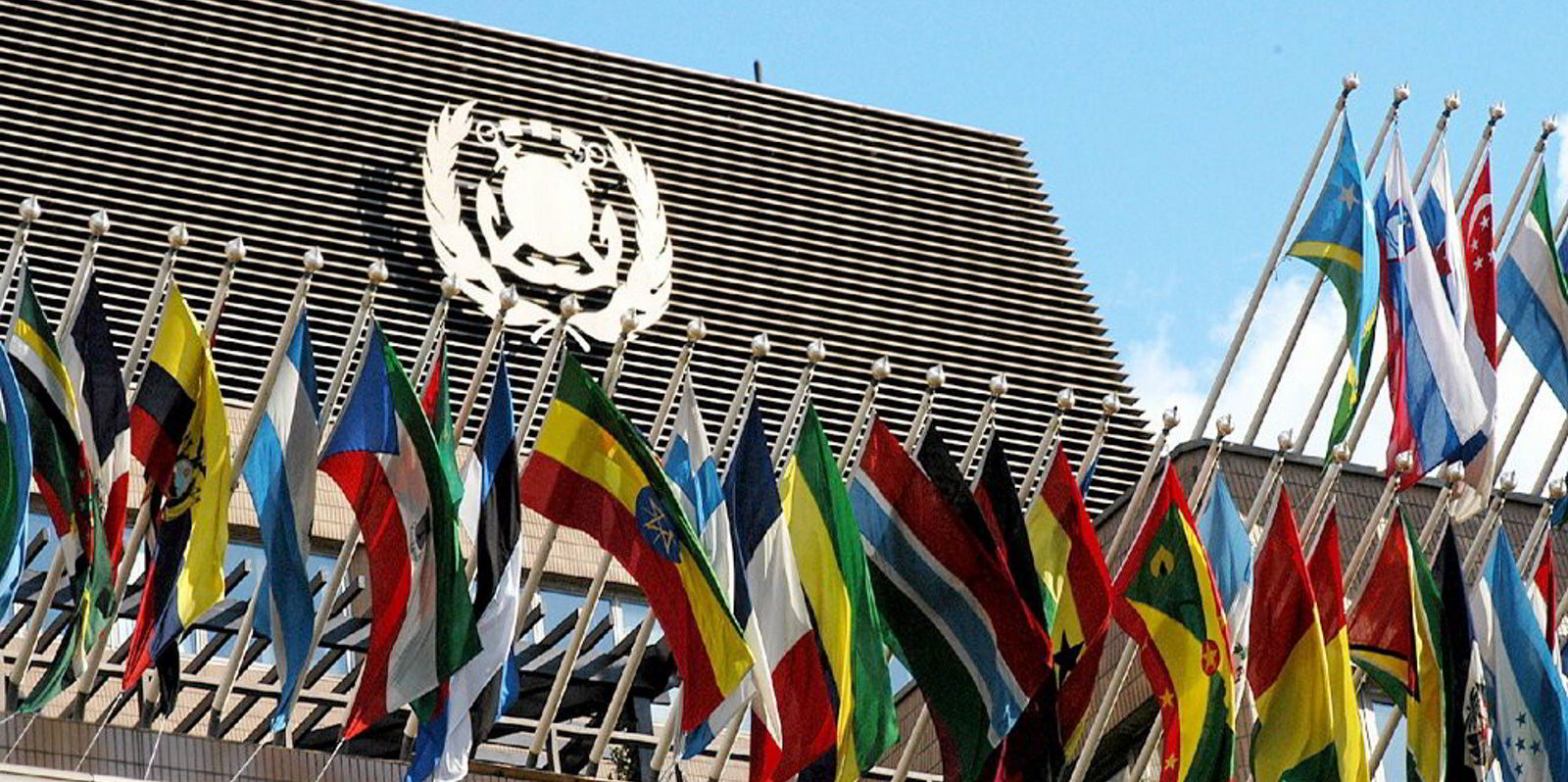The International Maritime Organization is being urged to take measures to end the growing problem of sexual harassment and bullying at sea.
A paper, backed by 18 governments and industry associations, has called on the IMO to establish a joint working group with the International Labour Organization (ILO) to address the issue.
The signatories, which include leading flag states Panama, Singapore, the Marshall Islands and the US — and leading labour supply country the Philippines — said that recent incidents emphasised the need for action.
“Recent events and news on sexual harassment and assault have highlighted the need for a concerted effort to prevent these incidents and to reaffirm the need for a culture of inclusion,” the paper said.
The document, which will be discussed at the IMO’s Maritime Safety Committee later this month, also outlined how the issue not only affects the wellbeing of seafarers, but would also affect future recruitment.
“Repeated issues of sexual assault and sexual harassment have adverse effects on seafarers’ mental health, safety and well-being, with subsequent negative effects on recruitment and attrition rates of seafarers,” the document said.
In a related development the International Chamber of Shipping and International Transport Workers’ Federation, backed by the governments of France and Panama, are also urging the IMO to act independently on bullying at sea.
In a paper submitted to the same Maritime Safety Committee meeting, the partners called for the IMO to initiate a campaign that would promote measures to combat the problem. It also called on IMO members states to formulate legislation to protect seafarers.
The paper said that an IMO human element working group had already recognised that “psychological safety, mental health and wellbeing, as well as sexual assault and sexual harassment, were issues of serious concern in the maritime sector that required coordinated action”.
It said that studies have shown that the instances of harassment and bullying at sea are increasing because of the lack of international policies and standards to address the issue.
The signatories proposed that industry guidelines developed by the ITF and the ICS could form the basis for the establishment of international policies.
The ILO introduced an international treaty on violence and harassment at work which entered into force in 2021. The is being urged the IMO to follow the ILO in initiating an online social network campaign that promotes a “zero tolerance” policy.(Copyright)





